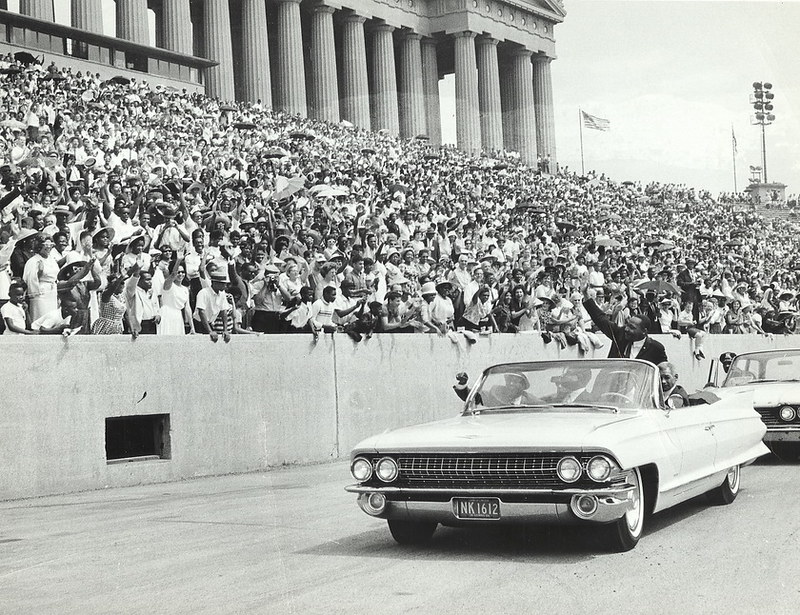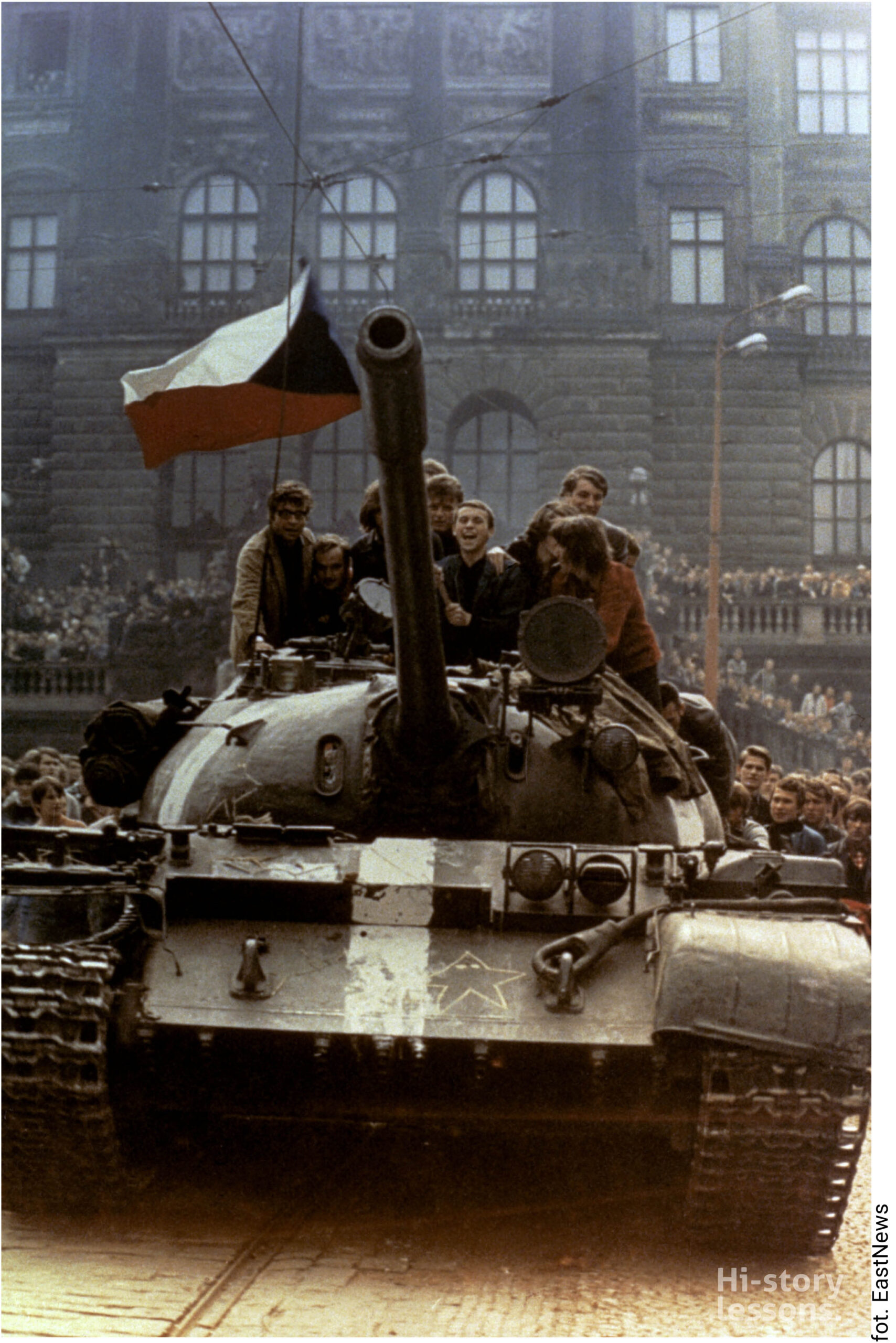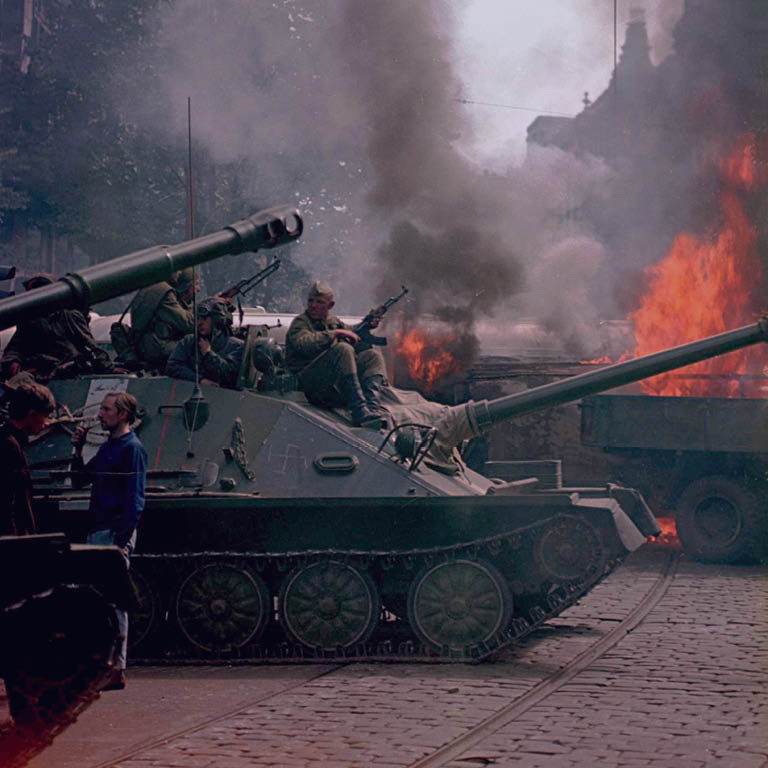As a result of the growing prosperity of the West in the 1960s, there were extensive social changes. More and more young people studied at universities, often working alongside their studies and becoming independent from their parents. The growing role of visual media, especially television, accelerated the pace of change. The method of clothing and lifestyle changed. The invention of birth control pills proved to be a decisive moment, which started the sexual revolution. At the same time in the US, protests against discrimination against African Americans intensified. Despite the organizers’ efforts to ensure the peacefulness of the demonstrations, in May 1963, some ended in bloodshed.
In an effort to prevent a “black revolution”, President John F. Kennedy submitted a proposal to Congress for the Civil Rights Act. On August 28, 1963, the March on Washington for Jobs and Freedom was held, at which Rev. Martin Luther King delivered his memorable speech, advocating for the equal rights of all US residents. Kennedy’s reform plans were abruptly ended by his assassination in November 1963 in Dallas.
A year later, Kennedy’s successor, Lyndon B. Johnson, pushed the Civil Rights Act through Congress, which guaranteed all residents equal access to public institutions and prohibited discrimination based on skin color. However, racial violence continued and culminated in the assassination of Martin Luther King Jr. in April 1968. The deployment of the US Army in Vietnam faced even more pronounced public criticism. In May 1970, the US was shaken by events at Kent State University, where the National Guard shot into a crowd of protesters, killing four students. The hippie movement revolution is a remarkable example of a generational protest.
“Injustice anywhere is a threat to justice everywhere. We are caught in an inescapable network of mutuality, tied in a single garment of destiny. Whatever affects one directly, affects all indirectly.”
Letter from Birmingham, Alabama jail, April 16, 1963
The events in Czechoslovakia stirred Poland considerably. Hoping for more democracy, the intelligentsia and university students went on strike. The protests were directly triggered by a ban on a theatrical performance of the Polish national epic – Mickiewicz’s ‘Dziady.’ The students were brutally suppressed by ZOMO and militia forces. The protests were used by the communist authorities as a pretext for anti-democratic and anti-Semitic counteraction.
During the evening of 20/21 August 1968, troops from five Warsaw Treaty member states entered Czechoslovakia in order to end the ‘Prague Spring.’ Faced with these circumstances, the Bucharest regime publicly condemned in harsh terms the intervention and stated its solidarity with the Czech and Slovak people. Faced with the possibility of a Soviet intervention in Romania, the Bucharest regime mobilised the army, created armed patriotic guards and sought international support.





